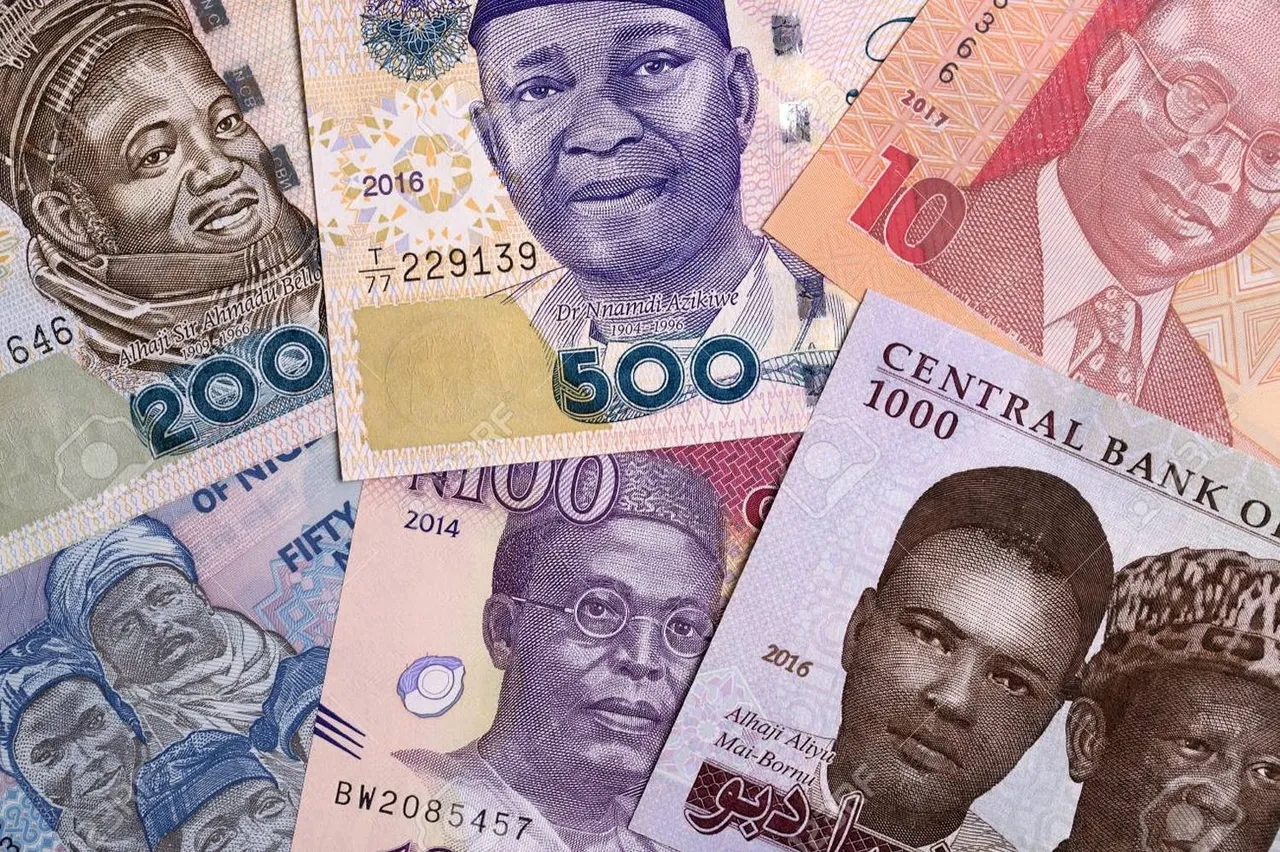According to the Central Bank of Nigeria’s (CBN) latest Business Expectations Survey, businesses across Nigeria anticipate further depreciation of the naira in the coming months, with a potential recovery projected by May 2025. This report sheds light on the factors driving the naira’s current decline, inflation concerns, expected borrowing costs, and the broader implications for Nigeria’s economy and investors. The naira’s trajectory remains closely tied to Nigeria’s foreign exchange availability, inflation rates, and the country’s reliance on imports. For businesses and investors, these findings offer insights into the economic landscape and necessary strategies to navigate this period.
Key Insights from the CBN Business Expectations Survey
The CBN’s survey provides a snapshot of businesses’ outlook on the naira, inflation, and interest rates over different timeframes:
• Short-Term Depreciation: Businesses expect the naira to continue depreciating this month, next month, and over the next three months. This projection reflects ongoing economic challenges and currency pressures.
• Medium-Term Recovery Potential: Respondents are optimistic about a potential appreciation around May 2025, suggesting a possible turnaround for the naira six months from now.
• Inflation Concerns: With inflation currently at 34.19%, businesses expressed concerns about the high cost of goods and services, which is eroding purchasing power and impacting consumer demand.
• Rising Borrowing Costs: The survey also revealed expectations of higher borrowing rates across all periods. This sentiment aligns with the CBN’s recent monetary tightening measures to curb inflation, although it may have implications for business expansions and consumer spending.
Factors Contributing to the Naira’s Decline
The naira’s continued depreciation is influenced by several factors, both domestic and global:
1. Foreign Exchange Scarcity: Nigeria faces a shortage of foreign currency due to limited access to dollars. This scarcity, combined with high demand for foreign currency, has driven the naira’s depreciation.
2. High Inflation Rates: Inflationary pressures have been mounting in Nigeria, driven by rising food and fuel prices, transportation costs, and currency depreciation itself. As inflation erodes the naira’s purchasing power, it further weakens the currency’s value.
3. Import Dependency: Nigeria’s heavy reliance on imports has created a high demand for foreign exchange, impacting the naira’s stability. Without sufficient local production to meet demand, the economy remains vulnerable to fluctuations in foreign currency.
Implications for Businesses and Investors
The survey results highlight important considerations for businesses, investors, and policymakers:
• Short-Term Volatility: Businesses and investors should prepare for naira volatility in the coming months. For companies reliant on imports, managing costs may become a challenge, while exporters might benefit from a weaker currency.
• Inflation Hedging: High inflation rates prompt the need for hedging strategies. Investors might consider assets that traditionally provide protection against inflation, such as real estate, commodities, or foreign-denominated assets, to preserve purchasing power.
• Interest Rate Environment: With borrowing costs expected to rise, businesses dependent on credit may face increased expenses, which could affect expansion plans or lead to higher prices for consumers. Investors in interest-sensitive sectors like banking, real estate, and consumer goods should monitor these trends closely.
A Glimpse into May 2025 – Can the Naira Rebound?
While the short-term outlook for the naira remains challenging, the projected appreciation by May 2025 signals cautious optimism. However, achieving this potential rebound will require a series of effective policies and economic reforms:
1. Foreign Exchange Policy Adjustments: Improved foreign exchange policies could enhance naira stability. Policies to increase dollar inflows, such as encouraging foreign investments and remittances, could support the naira.
2. Strengthening Local Production: Reducing dependency on imports through local production and value addition in key sectors would decrease demand for foreign exchange and enhance naira resilience.
3. Inflation Control Measures: The CBN’s monetary policy, aimed at curbing inflation, plays a crucial role in stabilizing the naira. Measures to address food supply issues, fuel costs, and transportation bottlenecks could help contain inflationary pressures.
Investor Strategies Amid Naira Volatility
For investors, the current naira depreciation and projected future appreciation call for strategic decision-making:
• Portfolio Diversification: Diversifying across asset classes, including foreign-denominated investments, can help manage currency risk. This strategy provides a hedge against local currency fluctuations while capitalizing on foreign market growth.
• Sectoral Opportunities: Sectors that traditionally benefit from a weak currency, such as agriculture, manufacturing for export, and technology, may present opportunities. Conversely, sectors heavily reliant on imports might face challenges due to rising input costs.
• Short-Term vs. Long-Term Investment Horizons: Investors with short-term horizons may prioritize hedging strategies to preserve value, while those with a long-term view might position for potential gains if the naira strengthens by mid-2025.
Conclusion
The CBN’s latest Business Expectations Survey offers a glimpse into the challenging economic landscape that Nigerian businesses and investors face. The continued depreciation of the naira, combined with high inflation and rising borrowing costs, creates both risks and opportunities. With potential appreciation projected for May 2025, businesses and investors must carefully navigate this period, adapting strategies to mitigate currency volatility and inflation impacts.
For businesses and investors alike, this evolving environment underscores the importance of resilient strategies and proactive financial planning. Naija Investing Hub will continue to provide insights and updates on Nigeria’s economic landscape, equipping readers with the knowledge to make informed decisions amid these uncertain times.
